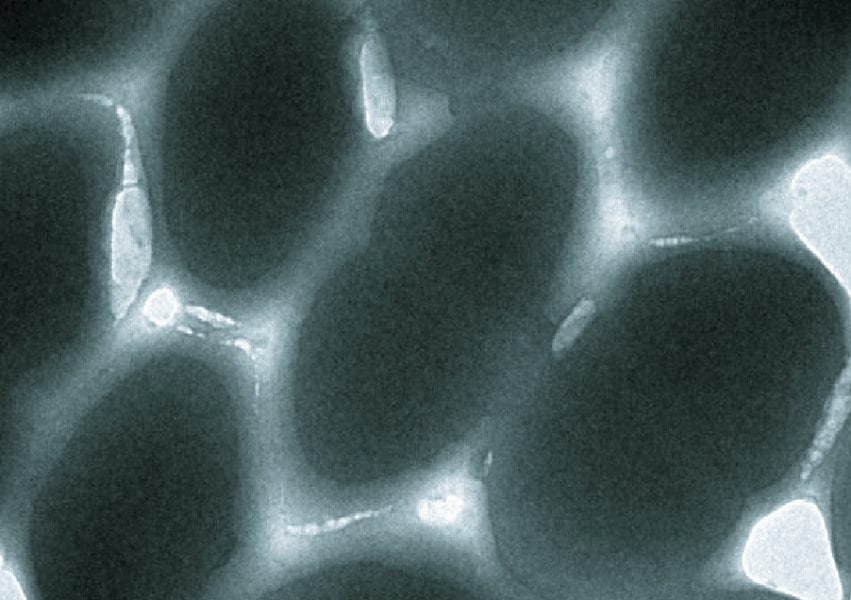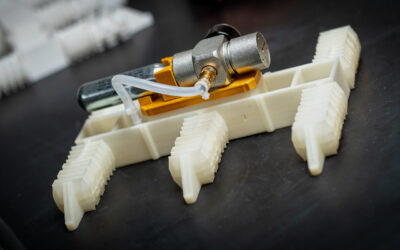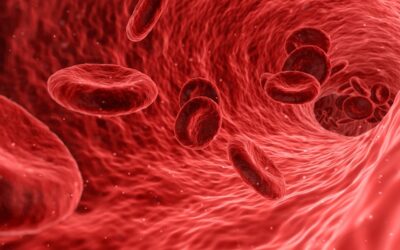 The application of nanoscale materials as antibacterial agents holds special interest in the development of therapeutics against drug-resistant pathogenic bacteria. In new work, researchers from the Indian Institute of Technology Guwahati report the broad-spectrum bactericidal activity and membrane-directed mode of action of a gold nanoparticle-polythiophene (AuNP-PTh) composite on pathogenic bacteria.
The application of nanoscale materials as antibacterial agents holds special interest in the development of therapeutics against drug-resistant pathogenic bacteria. In new work, researchers from the Indian Institute of Technology Guwahati report the broad-spectrum bactericidal activity and membrane-directed mode of action of a gold nanoparticle-polythiophene (AuNP-PTh) composite on pathogenic bacteria.
The group demonstrated that the nanocomposite could sever the outer membrane defence barrier in Gram-negative pathogenic bacteria and potentiate the activity of an antibiotic in combination therapy. They highlight the therapeutic prospect of the nanocomposite by growth inhibition of model gastrointestinal pathogens in simulated gastric fluid (SGF) and bactericidal activity of the nanocomposite against biofilm formed by pathogenic bacteria, and believe that the high antibacterial activity and preliminary indication of lack of cytotoxicity on human cells augers well for future therapeutic application of the nanocomposite.

















